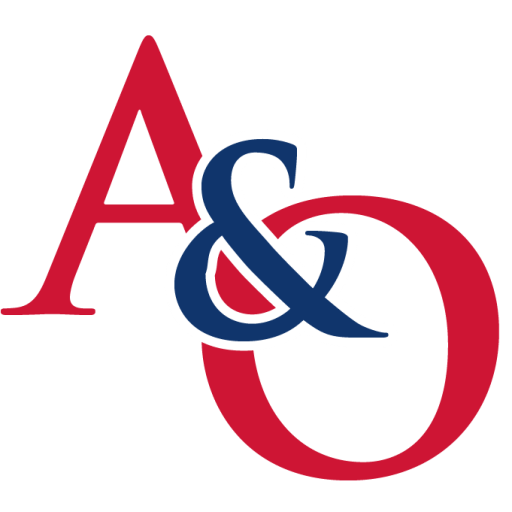Caring for your home goes beyond weekends spent at Home Depot and do-it-yourself painting and landscaping. The most important way to care for your home is by investing in homeowners insurance, which will safeguard damage to the property and your financial well-being.
Homeowners insurance is standard practice, and no one wants to be caught without coverage in the event of fire, theft or really anything more significant than minor property damage. All homeowners insurance policies are comprehensive agreements with dozens of categories and subcategories of coverage that cater to your specific needs.
Yes, there’s plenty of fine print, and you should read it all, but there are some essential terms that you need to understand when evaluating your policy. Here are some terms you need to be aware of as a homeowner.
Deductible
This is where you come in. The deductible is the way policyholders and insurers share the cost of coverage. It is the amount a homeowner must pay before any insurance claims or reimbursements can be made. Usually, a higher deductible means the homeowner pays lower monthly premiums, but will have higher out-of-pocket responsibility in the case of a claim.
Liability insurance
Your homeowner’s insurance policy will likely have a liability portion that protects you and your family from legal claims that result from injuries that occur on your property. Liability also covers the medical costs and compensation for these damages, as well as the legal fees for your defense.
Umbrella policy
An umbrella policy provides extra liability coverage, an added layer of protection to your standard policy, to protect against lawsuits stemming from damages to other people’s property or accidental injury. Umbrella policies go above and beyond the liability portion of most policies and can add to peace of mind.
Dwelling protection
This covers the nuts and bolts of the home, or dwelling, and all the components that are actually attached, from carpeting and fireplaces to attached garages, decks and porches. Under dwelling protection, the policy may help to pay to repair or rebuild structures damaged by any covered hazard, such as fire and severe storms. There is also additional, optional, enhanced dwelling protection that can be purchased to ensure that most rebuilding costs are covered. Pro tip: Smart devices such as home security systems, video doorbells and carbon monoxide detectors can save you on insurance premiums annually.
Other structures protection
This portion of coverage applies to all other structures on your property, such as fences, carports, sheds and other detached buildings. Other structures protection typically covers the cost of these structures up to 10 percent of the total protection of your dwelling coverage. For example, if your home is insured for $250,000, you’re covered up to $25,000 for other structures at no cost, but you can always purchase additional coverage at a relatively low cost, in most cases.
Actual cash value
This is the actual value of lost or damaged property at the time of loss and/or damage. This value takes depreciation into account.
Replacement Cost & Extended Replacement Cost
This is the cost of replacing damaged or lost property at the current market value, not taking into consideration depreciation, necessary to restore or replace your home or your belongings to their original state. Extended replacement cost adds to your standard policy coverage helping to account for increased market value of rebuilding. A good tip is to take inventory of your home value and belongings and record their value so you know exactly what may be lost to potential damage.
Additional living expense
Should something happen to your home that makes it uninhabitable while repairs are in progress, this coverage will pay for your temporary housing, which may be a hotel for a short time or an apartment or rental home for longer repairs, clothing, pet boarding and even baby supplies. Depending on your needs and the needs of your family, a daily allowance will be established.
Insurance adjuster
Not to be confused with an insurance agent (one who sells insurance), an adjuster is the person you call when the roof caves in, literally or figuratively. This is the person responsible for filing, assessing and ultimately paying out on your claim.
There are dozens of insider insurance terms and phrases that can make the whole process of purchasing insurance seem overwhelming. However, it’s worth spending the time to get to know some of the most important terms that make vital differences to the type of homeowners insurance you will need.
As always, contact your Aitken & Ormond Insurance Agent, we are here to help you understand your coverages and answer any questions you may have.
